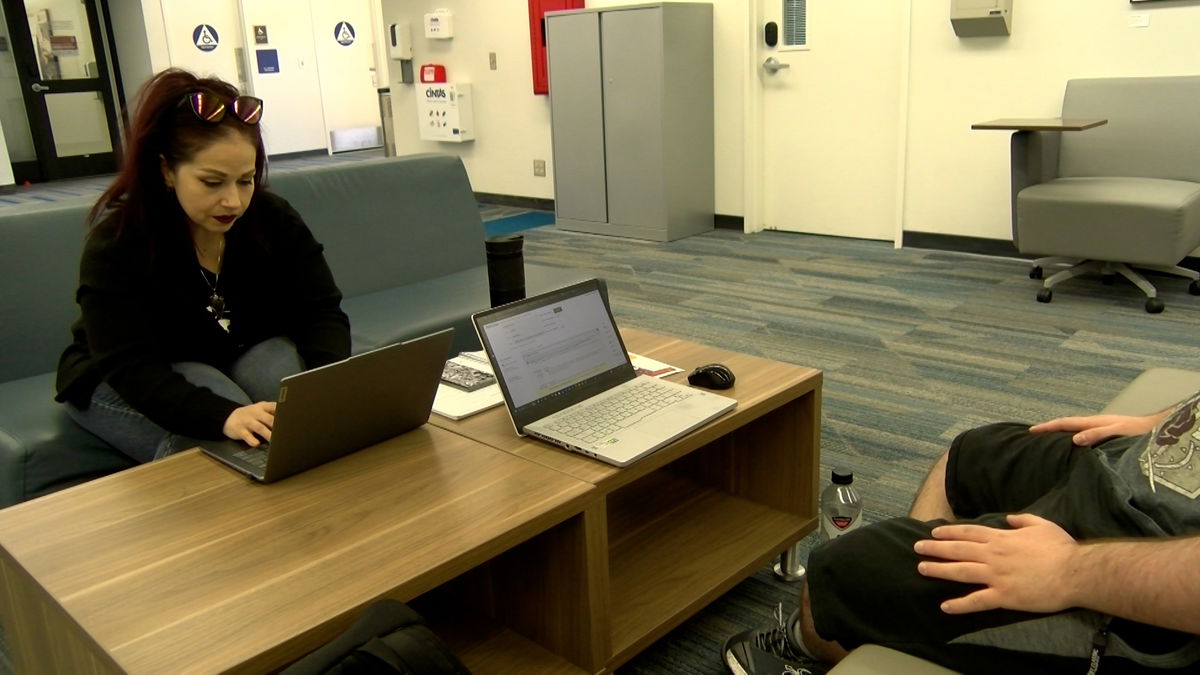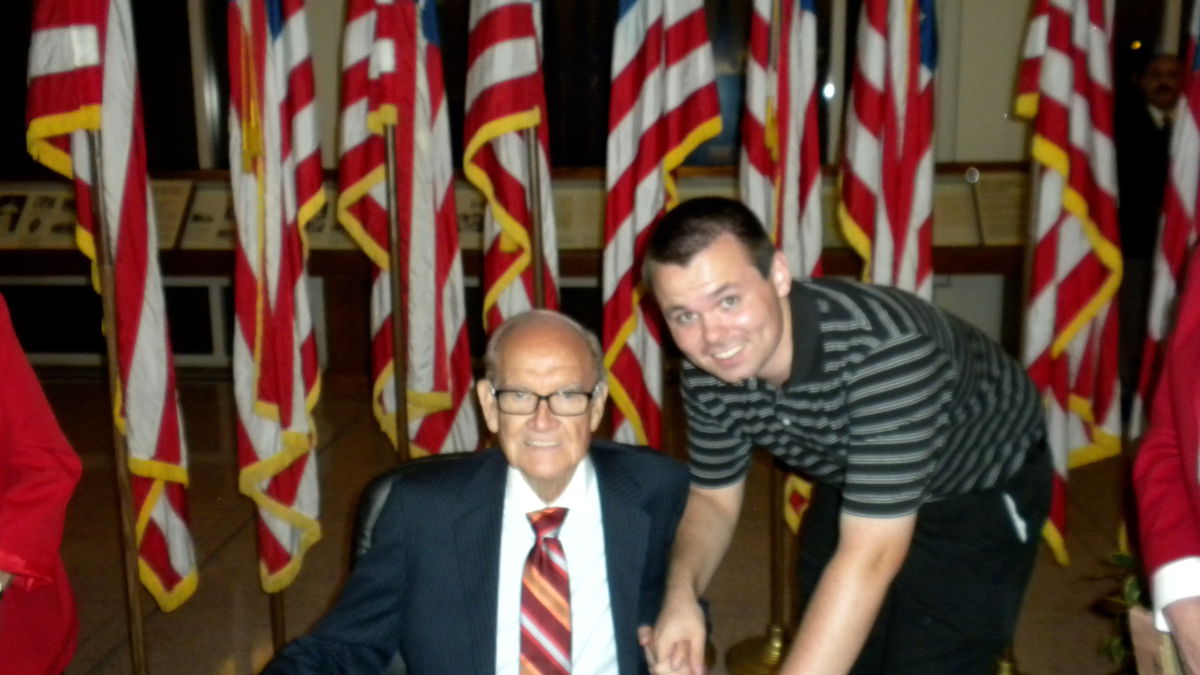Election Anxiety in the Coachella Valley
On your TV., on your phone, in your home, and even in your car.

From advertisements to developing news, the 2024 election may seem all-consuming to some viewers sitting at home.
“How are you feeling right now?”
"Nervous," Josie Guerra, a nursing student attending the College of the Desert responds.
She's not alone either.
“Yeah just kind of stressed about finding a job and trying to support myself," Jonathan Pellior, a student at the College of the Desert says when asked the same question.

Life can be tough. Today, most Americans say the upcoming election is making life tougher.
“Yeah for sure. I think about it all the time," Guerra explains.
"I'm female and worry about how it’s going to affect me, my aunts, cousins, friends.”
A survey by the California-based AMFM reveals younger Americans are more likely affected by election-related anxiety.
Results show 64 percent of people considered Generation Z and 54 percent of Millennials say it’s having an impact on their lives.
Some of both groups say the stress and anxiety caused by the election is pouring over into their work life.
“Today you see it on the news and online everywhere," Guerra says. "There’s a lot of issues on both sides that are concerning and they think about it day to day.”

“I’m less worried about it than my friends but a lot of my friends talk about it," he says. "Like if Trump gets elected, there can be a war between Israel and Palestine.”
There’s no disputing the implications in this year's election are real, from reproductive rights, to immigration.
But are the implications bigger than those voters faced in the 60s, 70s, and so on? Is the anxiety we see in the electorate today, warranted?
“Well, and that's a really wonderful question."
Professor Wesley Willison at the College of the Desert is an election expert, who’s studied elections over the century. He says context helps.

“With this election, I think what we're seeing is we're seeing a very, dare i use the off use word, unprecedented," he explains. "I think that we're seeing a situation.”
And the stress is warranted.
Several studies show Baby Boomers and people in Generation X report the least amount of election-related anxiety.
Willison says it's important to remember people in Gen Z and Millennials have taken it on the chin in recent history.
“Millennials have been hit with a lot in the last 25 years," Willison says. "We had 9-11, then we had the economic disaster crash of 2008 which basically set that entire generation back for many many years."
"You know it was a time where if you earned a bachelor's degree in something that was you especially useful you would not be able to
get a job at Starbucks.”
To cope with election-related anxiety he recommends voters should concentrate on the things more in reach. Like informing themselves on politics at a local, or school level.
Mike Daigaa is 48 years old, and studying psychology.

“I got arrested in January 2016 and fought my case for almost 10 months I think.”
He says after spending 9 years in jail, he'll be voting in this year's election for the first time.
“I’m trying to do normal things," he explained you know like everyone else in here is doing.”
He finds the constant stream of political content falling in his lap, as a gift.
“That’s why I’m talking U.S. politics, so i can get more discussion. Instead of forcing my views, i want to be more neutral.”
And that engaging has made him feel.
“Hopeful."
For strategies on coping with election-related stress or anxiety visit this link.